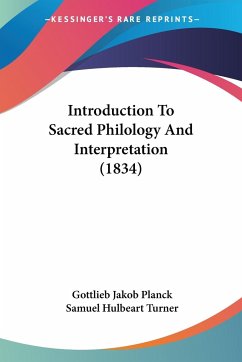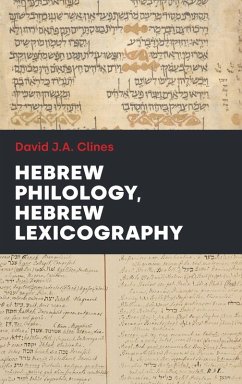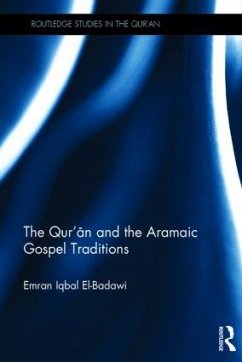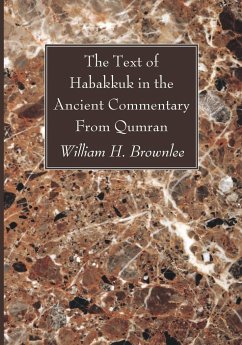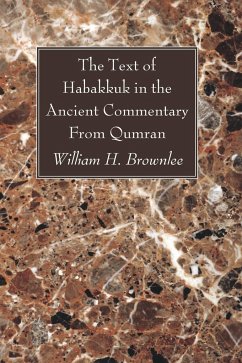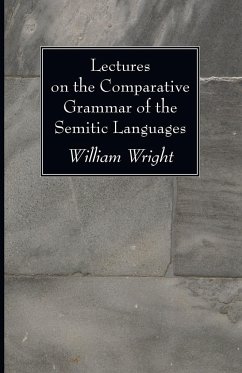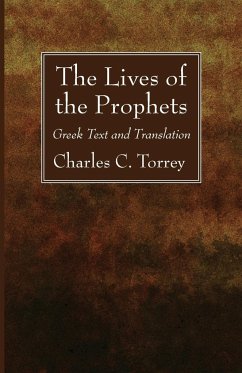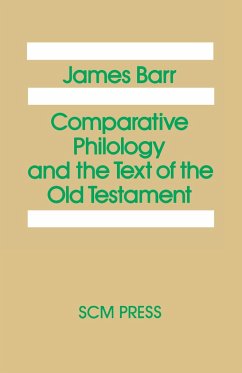
Comparative Philology and the Text of the Old Testament
Versandkostenfrei!
Versandfertig in 1-2 Wochen
44,99 €
inkl. MwSt.

PAYBACK Punkte
22 °P sammeln!
This book applies, in a more specialist area, a similar treatment to that used by Professor Barr in The Semantics of Biblical Language, and like the earlier volume criticizes much of previous scholarship. In recent Old Testament studies, increasing reliance has been placed on the resources of languages other than Hebrew itself -Arabic, Aramaic, Accadian and Ugaritic. Scholars have used these languages as a source from which the meaning of unusual Hebrew words might be deduced. Professor Barr discusses the principles involved in this process. He considers such questions as the degree of coincid...
This book applies, in a more specialist area, a similar treatment to that used by Professor Barr in The Semantics of Biblical Language, and like the earlier volume criticizes much of previous scholarship. In recent Old Testament studies, increasing reliance has been placed on the resources of languages other than Hebrew itself -Arabic, Aramaic, Accadian and Ugaritic. Scholars have used these languages as a source from which the meaning of unusual Hebrew words might be deduced. Professor Barr discusses the principles involved in this process. He considers such questions as the degree of coincidence in the vocabularies of cognate languages, the extent of homonymy in Hebrew, the history of the transmission of meanings in Hebrew and the value of the ancient translations.






